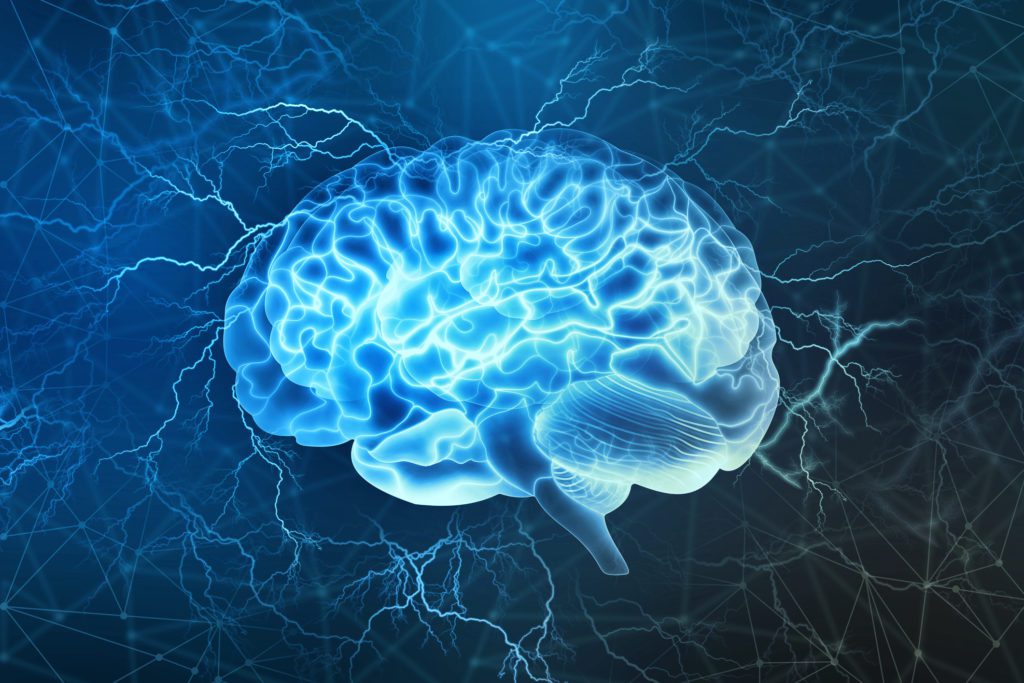Alzheimer’s disease is a progressive brain disorder that gradually erodes memory, thinking skills, and the ability to carry out simple tasks. It is the most common form of dementia, affecting millions worldwide.
What Causes Alzheimer’s?
The exact cause of Alzheimer’s remains a mystery, but researchers believe it’s a complex interplay of genetic, environmental, and lifestyle factors. The brain of an Alzheimer’s patient shows abnormal clumps of protein called amyloid plaques and tangled fibers called neurofibrillary tangles. These disrupt communication between nerve cells, leading to the decline in cognitive function.
Symptoms of Alzheimer’s
Alzheimer’s typically begins with mild memory loss, but as the disease progresses, symptoms worsen. These might include:
- Difficulty remembering recent events
- Challenges with language
- Disorientation
- Mood swings
- Changes in personality
- Problems with reasoning and judgment
- Loss of motor skills
Stages of Alzheimer’s
Alzheimer’s progresses gradually through several stages:
- Early-stage: Mild memory loss, difficulty finding words, and challenges with problem-solving.
- Middle-stage: Increasing memory loss, confusion, difficulty with daily tasks, and changes in mood or behavior.
- Late-stage: Severe memory loss, loss of ability to communicate, dependence on others for daily care, and challenges with physical functions.
Living with Alzheimer’s
Caring for someone with Alzheimer’s can be emotionally and physically demanding. It’s essential to seek support from family, friends, or support groups. There is no cure for Alzheimer’s, but treatments can help manage symptoms and improve quality of life.
If you or someone you know is experiencing symptoms of Alzheimer’s, it’s crucial to consult a healthcare professional for a proper diagnosis and guidance.
Would you like to focus on a specific aspect of Alzheimer’s disease, such as prevention, treatment options, or the impact on caregivers?
Alzheimer’s Disease: Understanding the Silent Thief
Alzheimer’s disease is a progressive brain disorder that gradually erodes memory, thinking skills, and the ability to carry out simple tasks. It is the most common form of dementia, affecting millions worldwide.
What Causes Alzheimer’s?
The exact cause of Alzheimer’s remains a mystery, but researchers believe it’s a complex interplay of genetic, environmental, and lifestyle factors. The brain of an Alzheimer’s patient shows abnormal clumps of protein called amyloid plaques and tangled fibers called neurofibrillary tangles. These disrupt communication between nerve cells, leading to the decline in cognitive function.
Symptoms of Alzheimer’s
Alzheimer’s typically begins with mild memory loss, but as the disease progresses, symptoms worsen. These might include:
- Difficulty remembering recent events
- Challenges with language
- Disorientation
- Mood swings
- Changes in personality
- Problems with reasoning and judgment
- Loss of motor skills
Stages of Alzheimer’s
Alzheimer’s progresses gradually through several stages:
- Early-stage: Mild memory loss, difficulty finding words, and challenges with problem-solving.
- Middle-stage: Increasing memory loss, confusion, difficulty with daily tasks, and changes in mood or behavior.
- Late-stage: Severe memory loss, loss of ability to communicate, dependence on others for daily care, and challenges with physical functions.
Living with Alzheimer’s
Caring for someone with Alzheimer’s can be emotionally and physically demanding. It’s essential to seek support from family, friends, or support groups. There is no cure for Alzheimer’s, but treatments can help manage symptoms and improve quality of life.
If you or someone you know is experiencing symptoms of Alzheimer’s, it’s crucial to consult a healthcare professional for a proper diagnosis and guidance.

